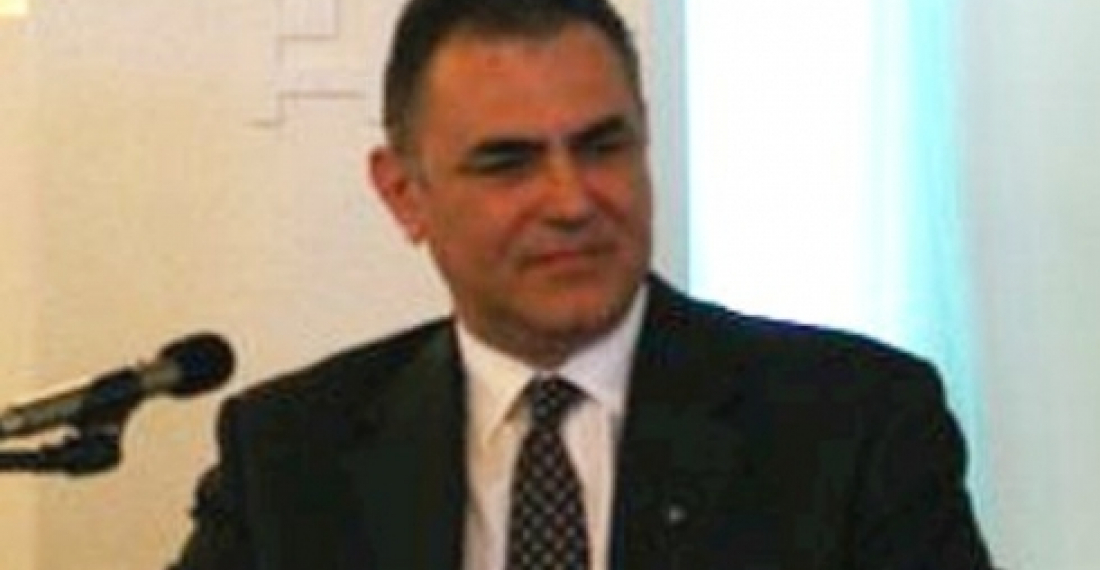The way the Caucasus Region is seen by the outside world has changed dramatically over the last decade.
For much of the Soviet period the region was perceived as being militarily sensitive. Large areas were closed to visitors completely, whilst travel by foreigners to other parts was usually limited to organised tours through the state tourism company Intourist. The world’s view of the Caucasus was therefore of an exotic, somewhat wild place, and there was very little understanding of the people, the region and its problems.
News about the inter-ethnic conflicts of the late 1980s and early 1990s got very little coverage in the western media, which was much more concerned with the goings on in Moscow rather than the bloody, but in the greater scheme of things less important, events in one of the USSRs peripheries.
Things did not change very much after the dissolution of the USSR and independence. The Americans and the Germans moved quickly to open embassies in Baku, Yerevan and Tbilisi but they were generally empty shells, staffed by a few diplomats and without a budget except for essentials. The British, the Dutch and the Scandinavians arrived much later. The Russians took a long time rethinking their post imperial role in the region – and some say they have not yet finished the process.
To their credit the governments and people of Armenia, Azerbaijan and Georgia pushed on with their state-building projects and proved wrong the sceptics, who had wondered how long these new states will exist. The tools that the three countries had were few and far between but they used them well and imaginatively: the Armenians used the diaspora, the Azerbaijanis the leverage of their natural resources, and the Georgians, having neither of these, led by their two larger than life presidents of the last twenty years, Shevardnadze and Saakashvili, used their creativity.
As the three countries celebrated their two decades of independence last year, they rightly all had some reason to be satisfied. not least because of their improved standing in the world
Streams of delegations now pour into the three capitals for bilateral and multilateral discussions. The three countries are members of all major international organisations, they are negotiating association agreements with the European Union, are members of NATOs partnership for Peace, and Azerbaijan is this year even a member of the United Nations Security Council. The impression of the world is that the three countries have steadied and are (most of the time) reliable partners, despite the fact that they can sometimes be awkward.
Here however the good news stops. Despite its progress the region is still seen as a potential trouble spot and a lot of the outside focus is more concerned with containing problems rather than solving them. The problems of the past plague the present and cast a cloud over the future. In the three countries the political divide between government and opposition is deep and the process of building democratic institutions is far from complete. Corruption remains an issue even in Georgia where much of the petty corruption has been eliminated. Boundaries remain disputed. Three unrecognised entities, two under the protection of Russia and one under the protection of Armenia now claim their space south of the Caucasus Mountains.
This situation has hampered development and has often created problems between the region and the outside world. The region is far from being able to achieve its full potential, politically, economically, culturally as well as in many other fields.
The governments of the region need to start focusing on the big, long term picture, but that is not going to happen on its own.
The outside world can help nudge it along but first and foremost there must be more grass root demands for a radical strategic rethinking of inter-regional relations.
Unfortunately a lot of post-independence pan-Caucasian schemes at the non-governmental level seem to have run out of steam, and those that haven’t lack the imagination that is required to think beyond the present constraints. Very few people with the necessary vision and independence of thinking seem to engage with these processes any more
Twenty years after independence it is time for Armenians Azerbaijanis and Georgians, and indeed for Abkhaz and Ossetians and other nationalities in the region, to think beyond the constraints of the present situation and to start articulating ideas that can eventually be picked up by governments and politicians so that in twenty years’ time the world can look at the South Caucasus and see a prosperous and dynamic region at peace with itself and with its neighbours.
Dennis Sammut contributed this opinion to Commonspace.eu. He can be contacted at dennissammut@yahoo.co.uk







